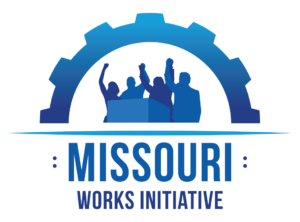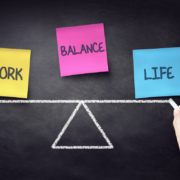Wellness & Well-being Highlights
for the
Week of December 29, 2025
This week’s edition of our Worker Wellness & Well-being blog looks into the ill-effects of ‘screen time’ on pre-teens—to how reducing your alcohol intake during ‘Dry January’ can improve your health—to a newly-released study on how head injuries may be linked to suicide.
This week I would like to encourage those of you who have access to an EAP (employee assistance program)—via your company’s or union’s health insurance plan (the latter is sometimes referred to as a MAP: members assistance program)—check to see that the resources they provide actually work. After all, this is a benefit that you pay for as part of your wage and benefit package! Too often, we tend to ignore these vital services until we are in the midst of an all out emergency. When people are stressed, most of us operate from the fight or flight part of our brain vs the problem-solving part. In other words, “We should not decide to buy a fire extinguisher when our house is already on fire.” Test these sources NOW so that you are prepared when the time comes.
Ramey exposes the trials and tribulations of a number of patients in the WSJ article linked below.[1] Having experienced this run-around myself in 2017, I can attest to the fact that EAPs, more often than not, supply their clients with outdated and/or inaccurate lists of providers. (Thanks to COVID and mental health parity laws, the marketplace moved to secure and private online treatment platforms. Where the issue of patient autonomy was once a matter of concern, it is much less so today due to advances in technology.) Nonetheless, it is no secret that EAPs are still woefully underutilized. In fact, some experts suggest that only ~7% of workers seek support from their EAPs. Why? Because when one finally reaches out for help, they expect to receive assistance NOT resistance. So, 100% pay in but 93% reap zero benefits. Something is seriously wrong with this equation! To be sure, in many cases, our H&W trust funds spend millions of dollars each year with these third-party EAP providers. Isn’t it time that WE collectively hold the EAP cartel’s feet to the fire?
In closing, 2025 has brought several of us a host of challenges at a variety of levels. Here’s to a bright and prosperous 2026!
Please check out the rest of this week’s blog: https://moworksinitiative.org/category/worker-wellness-news/
Brain Injuries Linked to Suicide
Trump: More Inappropriate Pardons?
Upcoming webinars, etc.:
NOTE: The links provided above are for informational purposes only. None of these serve as a substitute for medical advice one should obtain from his/her own primary care physician and/or mental health professional. Please contact jgaal@moworks.org with related questions or comments.


